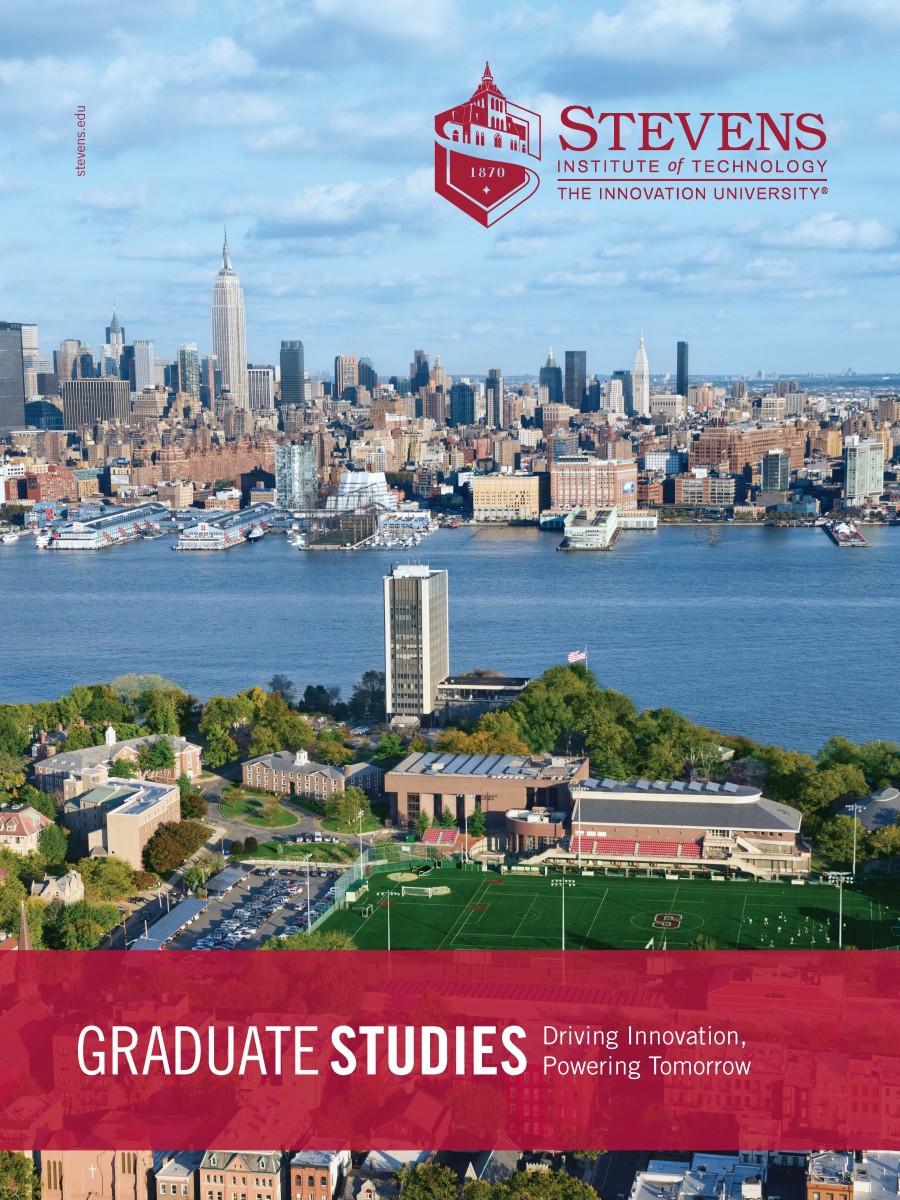Pursuing a Master’s in Computer Science with a Different Bachelor’s Degree: Complete Guide
Can you get a master’s in computer science with a different bachelor’s?
The short answer is yes, you can pursue a master’s in computer science (CS) with a bachelor’s degree in a different field. Nonetheless, the journey involves specific considerations, potential prerequisite coursework, and strategic planning. This comprehensive guide explore the possibilities, challenges, and strategies for successfully transition from a non CS background to a graduate computer science program.
Who can transition to computer science at the graduate level?
Graduate computer science programs typically welcome students from diverse academic backgrounds, specially those with degrees in:
- Mathematics
- Engineering (various disciplines )
- Physics
- Statistics
- Information technology
- Other stem fields
Level students with backgrounds in business, humanities, or arts can make the transition, though they may face a steeper learning curve and additional prerequisite requirements.
Why universities accept non CS graduates
Computer science departments progressively recognize the value of diverse perspectives in technology. Students from varied backgrounds oftentimes bring unique problem solve approaches and domain expertise that can enhance computing applications. Additionally, the growth demand for compute professionals hapromptedpt many institutions to create pathways for career changers.
Understand the prerequisites challenge
The primary hurdle for non CS graduates is address knowledge gaps in fundamental computer science concepts. Near reputable master’s programs expect proficiency in several core areas:
Essential foundation courses
- Data structures and algorithms
- Computer architecture / organization
- Operating systems
- Programming fundamentals (typically in languages like python, java, or c++ )
- Discrete mathematics
- Calculus and linear algebra
The specific requirements vary by program, with some being more flexible than others. Stem graduates typically need fewer prerequisites than those from non-technical backgrounds.
Types of CS master’s programs for non CS graduates
The computer science graduate landscape offer several options for students transition from other fields:
Bridge / pathway programs
Many universities offer structured bridge programs specifically design for non CS graduates. These programs typically include:
- A sequence of undergraduate foundation courses
- Accelerated learning tracks (frequently 6 12 months )
- Direct entry into the master’s program upon successful completion
For example, northeastern university offer a bridge to CS program, while Columbia University provide the fundamental computer science track within their CS master’s program.
Conversion master’s programs
Some institutions offer specialized master’s degrees design for students from non computing backgrounds, such as:
- Ms in computer science for non majors
- Ms in computing for career changers
- Conversion MSC in computer science
These programs typically integrate foundational knowledge direct into the curriculum preferably than require separate prerequisites.
Traditional programs with conditional admission
Many standard CS master’s programs offer conditional admission, require students to complete specific undergraduate courses before begin graduate level work. This approach allow students to address knowledge gaps while secure their place in the program.
Strategies for prepare for a CS master’s
If you’re considered this transition, several preparation strategies can strengthen your application and readiness:

Source: lilacbuds.com
Self study and online learning
Before apply, consider build foundational knowledge through:
- Online platforms like Coursera, EDX, or Udacity
- Moons from to pcs departments (mMIToopen courseware Stanford online)
- Code boot camps( especially for programming fundamentals)
- Self pace learning through textbooks and online resources
Focus on core CS concept preferably than fair learn to code. Understand algorithms, data structures, and compute theory is essential for graduate level work.
Formal prerequisite coursework
For a stronger foundation, consider:
- Take undergraduate CS courses at a local college
- Enroll in post baccalaureate computer science programs
- Complete certificate programs in compute fundamentals
These formal credentials carry more weight on applications than self study unequalled.
Gain practical experience
Demonstrating apply computing knowledge can strengthen your application:
- Develop personal programming projects with GitHub repositories
- Contribute to open source software
- Participate in hackathons or code competitions
- Secure entry level it or development positions
Practical experience demonstrate both technical ability and commitment to the field.
Application considerations for non CS applicants
When apply to CS master’s programs with a different bachelor’s degree, focus on these elements:
Highlight transferable skills
Emphasize how your background provide valuable perspective:
- Mathematical reasoning (from stem fields )
- Analytical thinking (from any quantitative discipline )
- Domain expertise (e.g., healthcare knowledge for health informatics )
- Problem solve approaches from your field
- Project management or research experience
Frame your unique background as an asset kinda than a limitation.
Select the right programs
Research programs base on their openness to non CS applicants:
- Review admission requirements for explicit mentions of non CS applicants
- Look for bridge program options
- Contact admissions departments to discuss your background
- Connect with current students who make similar transitions
Target programs with histories of accept students from diverse academic backgrounds.
Letters of recommendation strategy
Since you may lack CS professors for recommendations, consider:
- Recommendations from professors who can speak to your analytical abilities
- Letters from supervisors if you have work in technology adjacent roles
- Recommendations from instructors of any CS courses you’ve complete
Brief your recommenders on the transition you’re make so they can highlight relevant qualities.
Specialized master’s programs to consider
Some specialized CS master’s programs may offer easier entry points for non CS graduates:
Applied computing programs
Degrees focus on applications sooner than theory oft have more flexible prerequisites:
- Ms in information systems
- Ms in software engineering
- Ms in information technology
- Ms in data science (for those with strong math backgrounds )
These programs typically emphasize practical skills over theoretical computer science.
Interdisciplinary computing programs
Programs that combine CS with other disciplines may value your non CS background:
- Computational biology (for biology graduates )
- Health informatics (for healthcare backgrounds )
- Digital humanities (for humanities graduates )
- Computational finance (for business / finance backgrounds )
These programs oftentimes seek students who can bridge compute with domain expertise.
The reality of the transition experience
Understand the challenges and benefits of this transition can help set realistic expectations:
Common challenges
- Steeper learn curve in foundational courses
- Potentially longer time to degree completion
- Additional financial investment for prerequisites
- Compete with students who have CS undergraduate preparation
- Potential imposter syndrome in technical environments
These challenges are real but surmountable with dedication and proper preparation.
Unexpected advantages
- Fresh perspective on computing problems
- Ability to connect CS concepts to other domains
- Frequently stronger communication and contextual understanding
- Distinctive background for specialized roles
- Demonstrate adaptability value by employers
Many employers appreciate graduates who can bridge technical expertise with other disciplinary knowledge.
Financial considerations
The transition to CS may involve additional costs beyond a typical master’s program:
Budget for prerequisites
Factor in potential costs for:

Source: tffn.net
- Undergraduate prerequisite courses
- Bridge program tuition
- Potentially longer time to degree completion
- Online courses or boot camps for preparation
Create a comprehensive financial plan that account for these additional investments.
Funding opportunities
Explore financial support options:
- Scholarships for career changers
- Industry sponsorship (specially for in demand specializations )
- Graduate assistantships (though these may be more competitive for non cCSgraduates )
- Employer tuition benefits for part-time students
Some programs offer specific funding for students transition from underrepresented backgrounds in computing.
Career outcomes and employer perspectives
Understand potential career trajectories can help determine if this transition align with your goals:
Employment prospects
Graduates with non CS backgrounds plus CS master’s degrees much find success in:
- Roles bridge technology with their original field
- Software development positions (after sufficient technical preparation )
- Data science and analytics (especially for those with quantitative backgrounds )
- Project management for technical initiatives
- User experience and interface design (for those with design backgrounds )
The combination of diverse knowledge can be specially valuable in specialized sectors.
How employers view non-traditional CS graduates
Most employers focus on skills and knowledge kinda than undergraduate major, particularly for candidates with:
- Strong portfolios demonstrate technical abilities
- Relevant internship or project experience
- Clear articulation of how their diverse background add value
- Evidence of problem solve capabilities
Many technology companies actively seek candidates with interdisciplinary backgrounds to bring fresh perspectives to their teams.
Success stories and alternative paths
Many successful tech professionals have transition from non CS backgrounds:
- Biology graduate apply computational methods to genomics research
- Philosophy majors excel in artificial intelligence ethics
- Business graduate develop financial technology solutions
- Psychology graduate work in human computer interaction
These professionals oftentimes credit their non-traditional backgrounds for their unique approaches to compute challenges.
Alternative paths to consider
If a full CS master’s seem challenge, consider these alternatives:
- Graduate certificates in computing (shorter commitment )
- Specialized boot camps with academic partnerships
- Professional master’s degrees with lower prerequisites
- Online degrees with more flexible admission requirements
These options can provide computing credentials with potentially lower barriers to entry.
Conclusion: is this transition right for you?
Pursue a master’s in computer science with a different bachelor’s degree is altogether possible and progressively common. The path require careful planning, additional preparation, and realistic expectations about the challenges involve. Nevertheless, for those willing to invest the time and effort, this transition can lead to rewarding careers that unambiguously leverage both their original discipline and computing expertise.
The virtually successful transitions typically involve:
- Honest assessment of your mathematical and analytical foundation
- Willingness to complete prerequisite coursework
- Research into programs design for non-traditional backgrounds
- Strategic application to programs that value your unique perspective
- Persistence through the initial learning curve
With technologies grow integration across all fields, professionals who can bridge compute with domain expertise are progressively valuable in the job market. If you have the dedication and interest, this educational transition can open doors to opportunities that wouldn’t be available with either degree unequalled.



